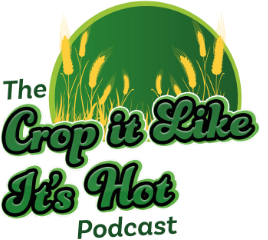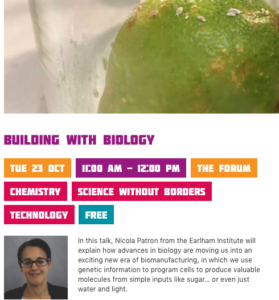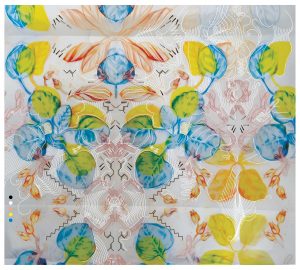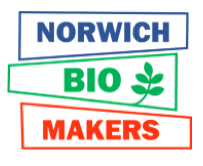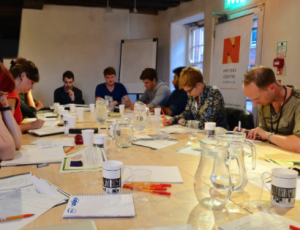OUTREACH
SynBio for Schools
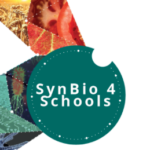
Developed by OpenPlant scientists from across the University of Cambridge, Norwich Research Park and beyond, this free to use resource aims to inspire and educate the next generation of biological engineers. With a focus on plant science, the materials and activities provided within the resource cover under-represented topics in synthetic biology, while complementing the national curriculum and existing teaching resources.
The SynBio 4 Schools booklet includes a full introduction to the resource, step by step instructions to four activities, and is accompanied by a teacher briefing document to help teachers and schools, identify activities relevant to each stage of the curriculum.
Our group contributed an activity called ‘Building DNA circuits – constructing gene circuits to solve problems‘.
You can read more about the resource and download the booklet here.
The Crop it Like it’s Hot Podcast
AgriScience Policy Seminar
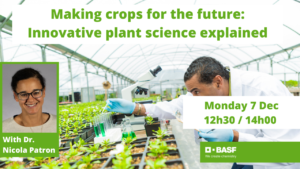
Neo.Life
Neo.Life: 25 Visions for the Future of Our Species (edited by Jane Metcalfe and Brian Bergstein) is a collection of 25 essays, interviews, and works of fiction and art offering a big-picture perspective on the profound changes made possible by the merging of biology and technology. We contributed an essay on botanical engineering and its role in food security.
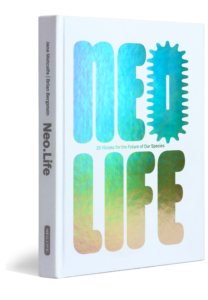
AgriTech East
Some of the most aggressive pests of agriculture are insect larvae. These are frequently controlled by applying pesticides, which are progressively being restricted due to concerns about their non-specificity and negative impact on biodiversity. Insect sex pheromones, produced by virgin females to attract mates of the same species, present a sustainable alternative to conventional pesticides. Pheromones are already used as a highly species-specific control method. However, chemical synthesis is currently the only approach for manufacturing insect pheromones and sometimes creates toxic by-products. Further, many pheromones are very molecules meaning chemical synthesis strategies are not cost effective. A current project in our lab is to develop low-cost biomanufacturing platforms for insect sex pheromones to expand the use of sex pheromones for sustainable pest control in agriculture and reduce the environmental impact of manufacturing. At an AgriTechEast held in November 2018, we talked about this project to farmers, agronomists and plant breeders using an” interactive fragrant biosynthetic pathway”.
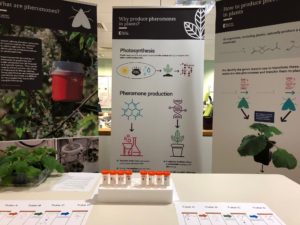
Building with Biology
In our lab, we have a number of projects that aim to manufacture useful molecules found in nature cheaply and sustainably. On “Engineering Day” at the 2018 Norwich Science Festival, we explored how advances in biology are moving us into an exciting new era of biomanufacturing. We talked about how genetic information can be used to program cells to produce valuable molecules from simple inputs like sugar… or even just water and light.
Postnatural Botany
The term “Postnatural” is defined as any organism altered by humans via selective breeding or genetic engineering. “Postnatural Botany” is a game we co-developed with Artist, Karen Ingram. In the fable of this game, new plants species are “discovered” by humans. Through the ages, plant collectors took their findings to new places for breeding and growth in new environments, altering the genetics and epigenetics of the plants forever. This calls to question, at what point of human intervention do organisms become “postnatural”? Once an organism is known and it is integrated into our lexicon; domesticated to produce products for humans, or its genome sequenced, it becomes part of our human narrative. Fewer and fewer botanists get to experience the thrill of discovering a new plant species. And yet, through the discoveries of modern biology, humans are experiencing a new kinship with other organisms as we learn more about common biological processes and the origins of life on earth. The gameplay of “Postnatural Botany” relies on observation, communication, listening, and interpretation; tools that we can all use to examine the potential impact of this kinship.
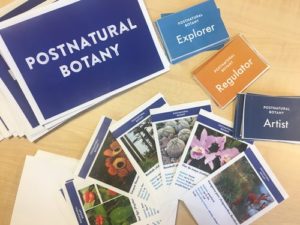
Benth Biofoundry
An artistic interpretation inspired by the basic research in our lab by artist and designer, Karen Ingram. Published as part of ‘Convergent Visions‘ Faesthetic #15 produced in partnership with SXSW for the SXSW Art Program 2018.
Biomakers
Norwich Biomakers brings together an interdisciplinary network of people from the Fine City of Norwich and the Norwich Science Park that share an interest in the cross-over of biology with design, technology, engineering, electronics, software, art and much more. We co-founded this network with colleagues from the Norwich Research Park to provide a space and time to place to learn from each other, share ideas and skills and work on new projects. We meet monthly, either at a local pub, a make-space or a lab, depending on what we’re doing. The Network is supported by Innovation New Anglia and the OpenPlant synthetic biology research centre.
Science Cafe
Hosted by Science Café Norwich at the lovely Maddermarket Theatre, we explored the technologies that enable ‘Building with Biology’ and the evolving meaning of ‘synthetic’ with the citizens of the Fine City of Norwich. We discussed how plants synthesise the chemicals that form aromas of famous foods by smelling our way through biosynthetic pathways and discussed how chemists and bioengineers use different technologies to make identical molecules. We also shared opinions on whether biotechnology and chemistry can really making manufacturing more sustainable and reduce the cost of expensive medicines.
Anxiety and Awe
A volume of poetry compiled by the 2015 iGEM team and Jenni Rant of the Science, Art and Writing (SAW) Trust, with contributions from established poets and practising scientists. Ideas for poems were formed at a workshop held at UK National Centre for Writing, Dragon Hall, Norwich. Writers and scientists worked with each other to communicate the human emotions experienced in response to the rapid progress taking place in biological engineering. Read ANXIETY & AWE.

